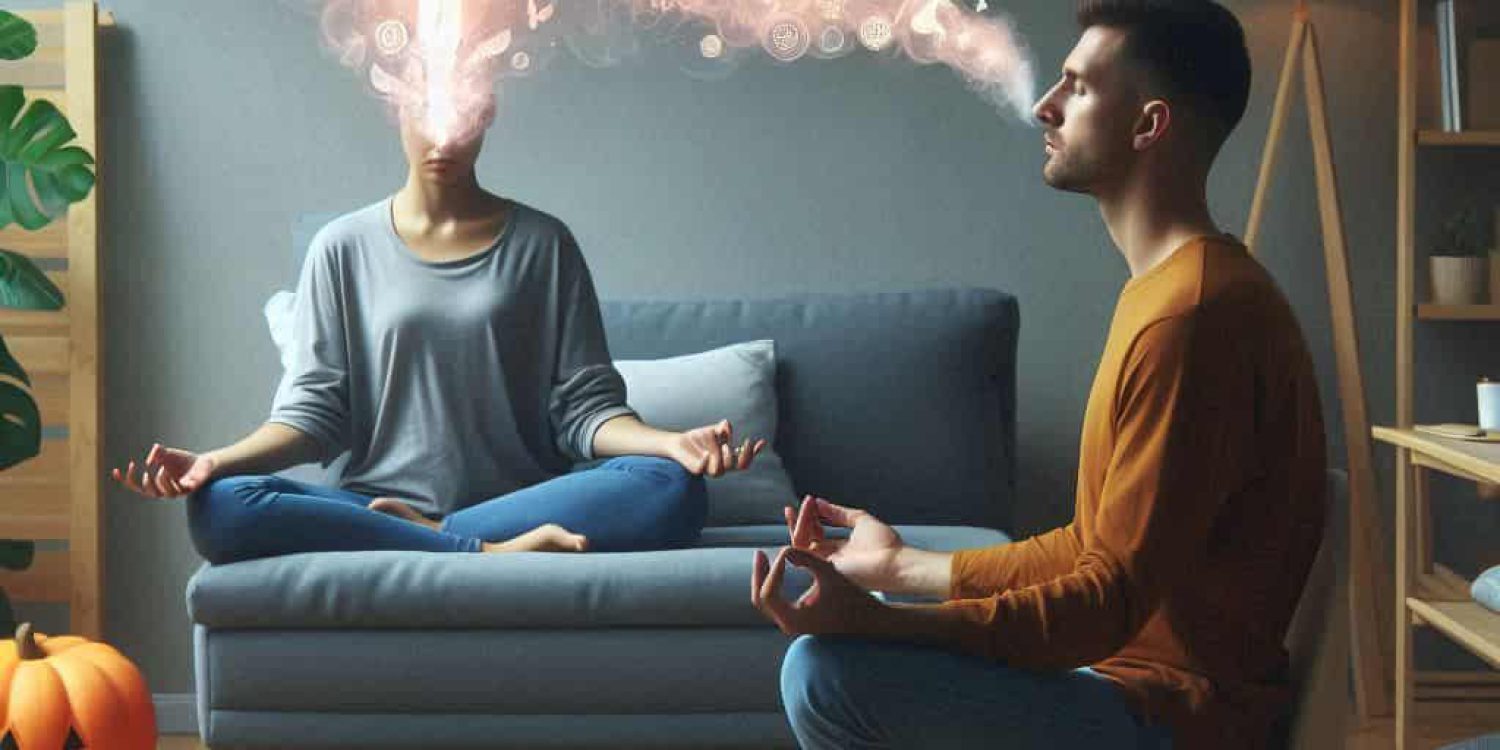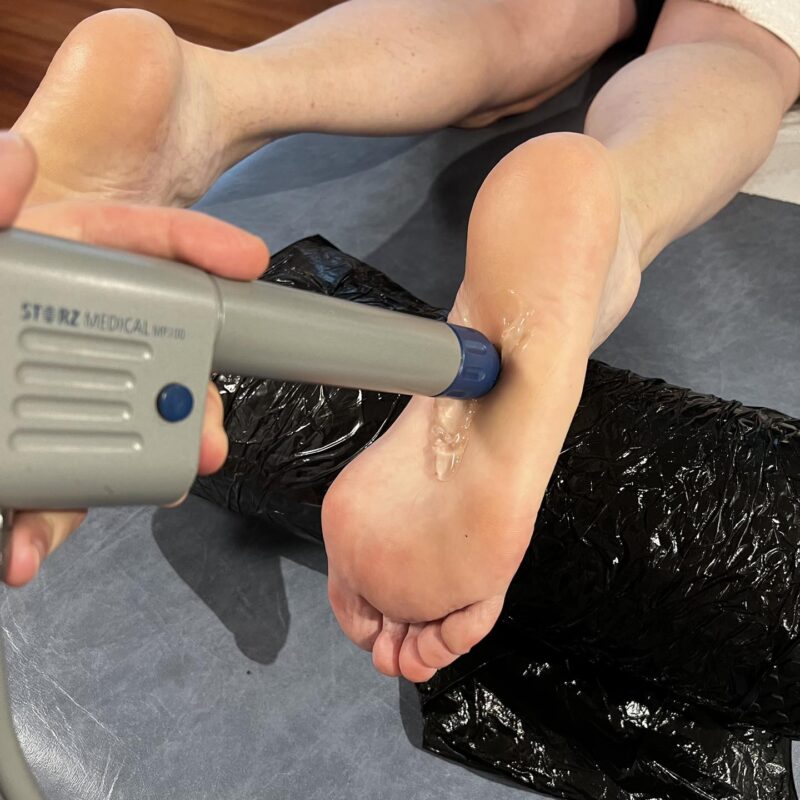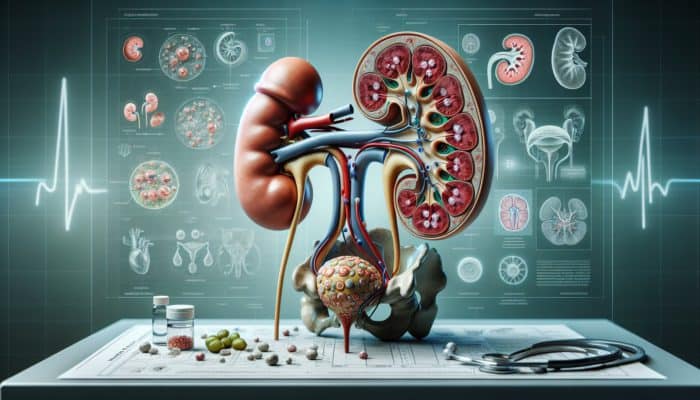Effective Treatment for Social Anxiety Disorder
Social anxiety disorder, often known as social phobia, is a mental health illness characterised by an intense fear of social interactions. Individuals with this illness suffer intense anxiety and self-consciousness during everyday social encounters, which frequently leads to avoidance behaviours and significant distress. This can significantly influence personal and professional life, making it challenging to develop relationships, attend social events, and perform well at work or school.
Sweating, trembling, rapid heartbeat, and nausea are common physical symptoms experienced by those suffering from social anxiety disorder. Negative self-beliefs, such as anxieties of judgement or rejection from others, are common. It is critical to distinguish social concerns from usual shyness or nervousness because it is a severe mental health problem that can significantly reduce quality of life.
Social anxiety disorder usually begins in youth or early adulthood and can last for a long time if not treated. People who suffer from social anxiety should seek assistance from mental health experts who can teach them techniques to manage and lessen their feelings.
Important Learning Points
- Social Anxiety Disorder is characterized by an intense fear of social situations and interactions, leading to avoidance and distress.
- Cognitive-behavioural therapy (CBT) is an effective treatment for Social concerns, focusing on changing negative thought patterns and behaviours.
- Exposure Therapy involves gradually facing feared social situations to reduce anxiety and increase confidence.
- Medication options such as selective serotonin reuptake inhibitors (SSRIs) and benzodiazepines can be prescribed to help manage symptoms of Social Anxiety Disorder.
- Mindfulness and relaxation techniques, such as deep breathing and meditation, can help individuals with Social Anxiety Disorder manage their symptoms and reduce stress.
 Cognitive-Behavioral Therapy for Social Anxiety Disorder
Cognitive-Behavioral Therapy for Social Anxiety Disorder
Identifying and Challenging Negative Thought Patterns
Cognitive behavioural therapy (CBT) for anxiety primarily entails recognising and changing unhelpful ways of thinking and believing, as well as building coping mechanisms to handle anxiety in social situations. Individuals in CBT for social concerns learn to recognise and reframe irrational ideas about themselves and others, as well as relaxation techniques and social skills to help them feel more secure in social settings.
Practicing Assertiveness and Exposure
During CBT sessions, individuals may engage in role-playing exercises to practice assertiveness and communication skills and exposure exercises to confront gradually feared social situations. By progressively exposing themselves to things they dread in a safe and encouraging setting, people can learn to cope with and eventually conquer their anxiety.
Effectiveness and Outcomes
According to research, cognitive behavioural therapy is highly successful in lowering symptoms of social anxiety disorder and increasing general functioning. Many people who get cognitive behavioural therapy for social concerns report considerable gains in their ability to regulate anxiety and engage in previously avoided social activities.
Exposure Therapy for Social Anxiety Disorder
Another successful treatment for social anxiety disorder is exposure therapy, which consists of gradually encountering feared social situations with others in an environment that is both safe and encouraging. Exposure therapy involves facing one's fears head-on, and it can help manage and even conquer anxiety. This can be accomplished by either imaginal exposure, in which people vividly envisage dreaded social events, or in vivo exposure, in which people physically confront feared social situations.
During exposure therapy sessions, clients collaborate with a therapist to develop a hierarchy of dreaded social circumstances, beginning with less anxiety-provoking events and progressively proceeding to more difficult ones. Individuals who regularly expose themselves to dreaded situations can learn that their anxiety will subside over time and that they are capable of handling their concerns. Exposure treatment for social concerns is usually done over a few weeks or months, with frequent appointments with a qualified therapist.
Experiment after experiment has proven that exposure therapy works for lowering SAD symptoms and improving overall functioning. Many people who receive exposure therapy for social apprehension report considerable gains in their ability to regulate anxiety and engage in previously avoided social activities.
Medication Options for Social Anxiety Disorder
In addition to psychotherapy, medication can be a valuable treatment for social anxiety disorder. SSRIs and SNRIs are typical drugs used to treat social apprehension. These drugs function by raising serotonin and norepinephrine levels in the brain, thereby regulating mood and reducing anxiety.
Benzodiazepines are another type of drug that can be administered for short-term alleviation of severe anxiety symptoms. However, they are not suggested for long-term usage because of the risk of dependence and abuse. Anxiety can show up physically in many various forms, and beta-blockers can help with that.
Individuals seeking medication for social anxiety disorder should speak with a psychiatrist or another mental health practitioner about the potential benefits and hazards. Medication should be used in conjunction with psychotherapy and other non-pharmacological treatments to control social apprehension effectively.
 Mindfulness and Relaxation Techniques for Social Anxiety Disorder
Mindfulness and Relaxation Techniques for Social Anxiety Disorder
When added to traditional treatment for social fearfulness, mindfulness and relaxation practices can help patients control their symptoms and lead healthier lives. Mindfulness, defined as “an attitude of open, nonjudgmental attention to the present moment,” can help individuals gain insight into and control over their internal experiences. Mindfulness practices such as deep breathing, gradual muscle relaxation, and meditation can assist individuals in managing stress and anxiety better.
Deep breathing exercises, visualisation, and yoga are all relaxation practices that help people control their anxiety and feel calmer. These approaches can be used daily as part of a self-care regimen to reduce people's overall stress and anxiety levels. Mindfulness and relaxation practices, although not a cure-all for social apprehension, can help individuals cope with the disease in conjunction with medication and psychotherapy.
Support Groups and Peer Support for Social Fearfulness
Connecting with Others
Support groups and peer support can be valuable resources for individuals with social apprehension. They provide opportunities to connect with others who understand their experiences and offer encouragement and understanding.
Types of Support Groups
Support groups for social fearfulness may be led by mental health professionals or peer-led, providing a safe space for individuals to share their experiences, learn coping strategies, and receive support from others facing similar challenges.
Online Communities
Peer support can also be found through online communities, where individuals can connect with others through forums, chat rooms, and social media groups. These platforms provide opportunities for individuals to share their experiences, offer support and encouragement to others, and access valuable resources for managing social fearfulness.
Benefits of Peer Support
By connecting with others who understand their experiences, individuals with social apprehension can feel less isolated and more empowered to seek help and make positive life changes.
 Generalized Anxiety Treatment for Social Anxiety Disorder
Generalized Anxiety Treatment for Social Anxiety Disorder
In addition to particular therapies for social anxiety disorder, individuals should address any co-occurring generalised anxiety symptoms that may be adding to their overall discomfort. To effectively manage symptoms of generalised anxiety, individuals may get psychotherapy, medication, or a combination of the two. Effective for generalised anxiety disorder, cognitive-behavioural therapy (CBT) helps clients recognise and challenge negative thought patterns and create coping strategies to handle their issues.
SSRIs and SNRIs may be used to assist in regulating mood and reduce excessive worrying. In addition to particular therapies for social apprehension disorder, individuals should address any co-occurring generalised anxiety symptoms that may be adding to their overall discomfort. To effectively manage symptoms of generalised anxiety, individuals may get psychotherapy, medication, or a combination of the two.
To summarise, there are various successful therapies for social anxiety disorder, including cognitive-behavioural therapy, exposure therapy, medication, mindfulness and relaxation techniques, support groups, and generalised anxiety treatment. A mental health professional can explain more about these options and work with patients to develop a personalised treatment plan for social apprehension. With the correct support and resources, people with social concerns can learn to control their symptoms and lead better lives.
FAQs
What is social anxiety disorder (SAD) treatment?
Social anxiety disorder (SAD) treatment refers to the various methods and approaches used to help individuals manage and alleviate the symptoms of social apprehension disorder. These treatments can include therapy, medication, and lifestyle changes.
What are the common types of therapy used for treating social apprehension?
The common types of therapy used for treating social anxiety disorder include cognitive-behavioral therapy (CBT), exposure therapy, and group therapy. These therapies aim to help individuals identify and change negative thought patterns, gradually face their fears in social situations, and learn from others who are also dealing with social apprehension.
What medications are commonly used to treat social anxiety disorder?
Common medications used to treat social concerns include selective serotonin reuptake inhibitors (SSRIs), serotonin-norepinephrine reuptake inhibitors (SNRIs), and benzodiazepines. These medications can help alleviate the symptoms of social apprehension disorder but should be used under the guidance of a healthcare professional.
What lifestyle changes can help in managing social anxiety disorder?
Lifestyle changes that can help in managing social anxiety disorder include regular exercise, adequate sleep, a healthy diet, stress management techniques, and avoiding alcohol and recreational drugs. These changes can contribute to overall well-being and help reduce the impact of social apprehension.
Are there any alternative treatments for social concerns?
Some individuals may explore alternative treatments for social anxiety disorder, such as mindfulness meditation, yoga, acupuncture, and herbal supplements. It's essential to consult with a healthcare professional before trying alternative treatments to ensure they are safe and effective.
Brought To You By:
References:
What Causes A Panic Attack & How Can You Help Your Wife? https://allintherapyclinic.com/help-wife-with-panic-attacks/
Shyness or Social phobia? The Truth about Social Anxiety Disorder. https://www.talenshealth.co.uk/post/shyness-or-social-phobia-the-truth-about-social-anxiety-disorder


























10 Comments
Your exploration of social anxiety disorder really resonates with me, especially given how pervasive it can be in today’s fast-paced and interconnected world. The juxtap of physical symptoms like rapid heartbeat and the mental turmoil stemming from negative self-beliefs paints a vivid picture of the daily struggles faced by those with this disorder.
It’s interesting how social anxiety can create such a stark divide between our internal experiences and external perceptions. Many people assume that because someone seems quiet or reserved, they may simply be introverted. However, that physical response—like a rapid heartbeat—can be a signal of something deeper, often misunderstood.
You’ve touched on such an important point about social anxiety and the common misconceptions that surround it. It’s true that many people often equate quietness with introversion, and I think that often overlooks the rich tapestry of emotions that someone might be experiencing internally. I know from my own experiences that those physical symptoms, like a rapid heartbeat or sweating, can feel isolating and, at times, embarrassing.
I appreciate how you articulated the experience of social anxiety disorder. It really does make one reflect on how interconnected our lives have become and how that can magnify feelings of anxiety. The physical symptoms like a racing heartbeat can feel so isolating, especially when paired with those deeply rooted negative self-beliefs. It’s almost fascinating, yet frustrating, how our minds can turn so against us at times.
I recently came across an insightful piece on acupuncture that explores how this practice could offer relief for some of the physical and mental struggles related to social anxiety, which I think you’ll find really valuable.
‘Discover the Best Acupuncture Near Me’
https://mcrtherapies.co.uk/discover-the-best-acupuncture-near-me/.
Your exploration of social anxiety disorder resonates deeply with me, particularly because this issue touches so many lives, yet remains cloaked in misunderstanding. The descriptions of physical symptoms such as sweating, rapid heartbeat, and trembling paint a vivid picture of what individuals experience, and it’s crucial that we continue to foster awareness and compassion around these manifestations. I’ve often found that the intense feelings tied to social interactions can be isolating, leading many to suffer in silence, reinforcing the importance of addressing this condition with sensitivity.
You’ve highlighted something really important about social anxiety disorder—the way it can trap people in silence, making them feel alone in their experiences. Those physical symptoms you mentioned often get dismissed, but they can be overwhelming. It’s not just the anxiety itself but the aftermath, like feeling drained and isolated after a social situation.
I completely agree with you about the importance of fostering awareness and compassion around social anxiety disorder. It’s impressive how the physical symptoms, like sweating and a racing heartbeat, can create such a vivid snapshot of someone’s inner turmoil. Those manifestations can often be misunderstood by others, leading to even more isolation for the individual experiencing them.
This post sheds light on an often misunderstood aspect of mental health. Social anxiety disorder indeed sets itself apart from mere shyness; the profound implications it has on daily life can be overwhelming. I can personally relate to the experiences shared, as I once found myself dodging social gatherings and feeling incapacitated by the fear of judgment.
It’s really interesting how social anxiety disorder can often be confused with shyness. They may look similar from the outside, but the internal experience can be radically different. I can relate to your mention of dodging social gatherings; I remember those moments vividly when my mind would race, analyzing every potential judgment before even stepping through the door.
I’ve recently come across some important insights on dealing with overactive bladder syndrome that resonate with the challenges of managing daily life, much like how social anxiety can feel overwhelming.
‘Overactive Bladder Syndrome: What You Need To Know’
https://mcrtherapies.co.uk/overactive-bladder-syndrome-what-you-need-to-know/.
This is an important discussion, particularly as social anxiety disorder increasingly affects younger people in today’s hyper-connected world. The onset often during adolescence can be quite telling; with the pressure of social media and comparison culture, many individuals may feel even more isolated. I’ve noticed that while therapy, particularly cognitive-behavioral therapy (CBT), can be very effective, the use of technology, such as virtual reality exposure therapy, is emerging as a fascinating avenue for treatment. It allows individuals to face their fears in a controlled environment, which could be less intimidating.